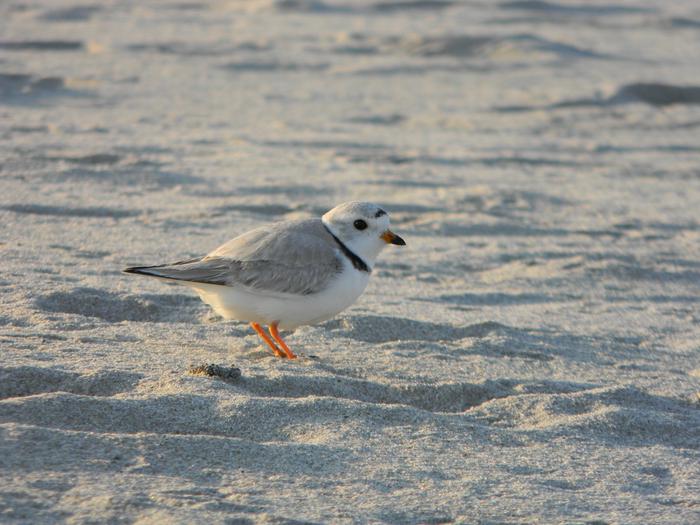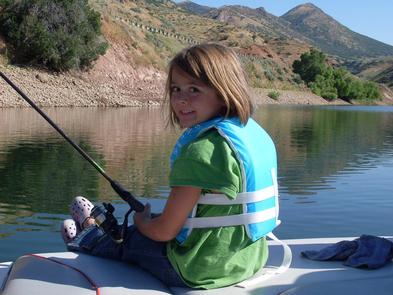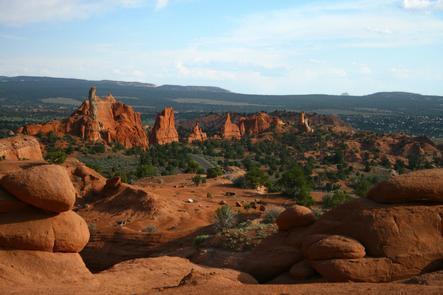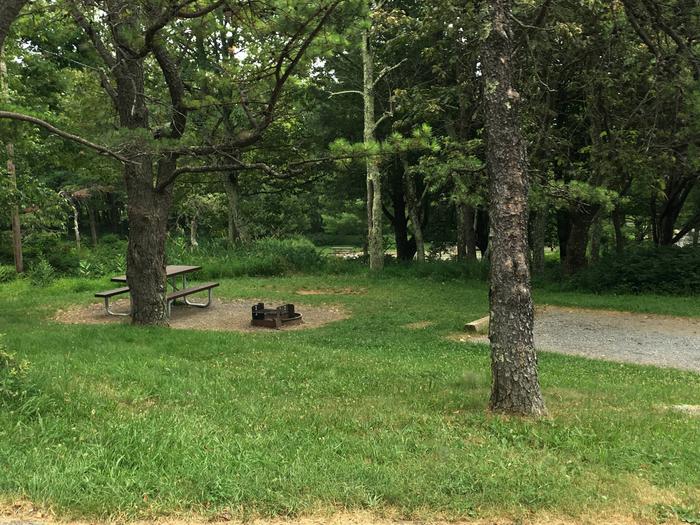Directions
FROM MAINE TURNPIKE EXIT #2 (WELLS EXIT): At Exit #19, travel east on Route #109 / #9 to Wells. Turn left (north) onto Route #1. Proceed approximately 1.5 miles (2.4 kilometers) and turn right (east) onto Route #9. Travel 0.7 miles (1.1 km); the Refuge will be on your right. Look for the large wooden sign at our entrance. FROM ROUTE #1 NORTH: From points north of Wells on Route #1: Proceed south on Route #1 through Kennebunk. Approximately 3.0 miles (4.8 km) south of Kennebunk, turn left (east) onto Route #9. Proceed as above. FROM ROUTE #1 SOUTH: From points south of Wells on Route #1: Proceed north on Route #1 through Wells. Turn right (east) onto Route #9 (approximately 1.5 miles (2.4 km) north of Wells Center). Proceed as above. FROM KENNEBUNKPORT: Travel west on Route #9. Approximately 5 miles (8.1 km) from Kennebunkport Center, look for the large wooden sign at our entrance on the left.
Phone
207-646-9226
Activities
INTERPRETIVE PROGRAMS, FISHING, HIKING, HUNTING, WILDLIFE VIEWING
Camping Reservations
Reserve your campsite at these camping areas:
Hiking Trails
Looking for nice hiking areas to take a hike? Choose from these scenic hiking trails:
Related Link(s)
Rachel Carson National Wildlife Refuge was established in 1966 in cooperation with the State of Maine to protect valuable salt marshes and estuaries for migratory birds. Scattered along 50 miles of coastline in York and Cumberland counties, the refuge consists of ten divisions between Kittery and Cape Elizabeth. It will contain approximately 7,600 acres when land acquisition is complete. Our namesake, Rachel Carson, was a world-renowned marine biologist, author and environmentalist. She served as an aquatic biologist and Editor-in-Chief for the U.S. Fish and Wildlife Service. During her tenure, she composed a series of articles on Atlantic Coast wildlife refuges. Ms. Carson was born in Pennsylvania in 1907. Though the mystery of the sea and its creatures captivated her at an early age, the Maine coast particularly inspired her. Beginning in 1952, she summered on Southport Island, where she studied its beach and tide pools to research The Edge of the Sea (1955). Through tireless investigation for her greatest work, Silent Spring (1962), she linked the unrestrained use of post-World War II chemical pesticides with fearsome, biological consequences. Overcoming industry and government pressure to abandon her research, she persevered. Carson simply and convincingly explained the connections between humans and all creatures of the Earth. She alerted generations to use chemicals with utmost caution, warning that their improper use has dreadful effects on public health and the environment. Rachel Carson died in 1964, a victim of cancer. As fitting recognition of her tireless work, this refuge, first known as the Coastal Maine National Wildlife Refuge, was renamed in her honor on October 28, 1969 and formally dedicated June 27, 1970.







